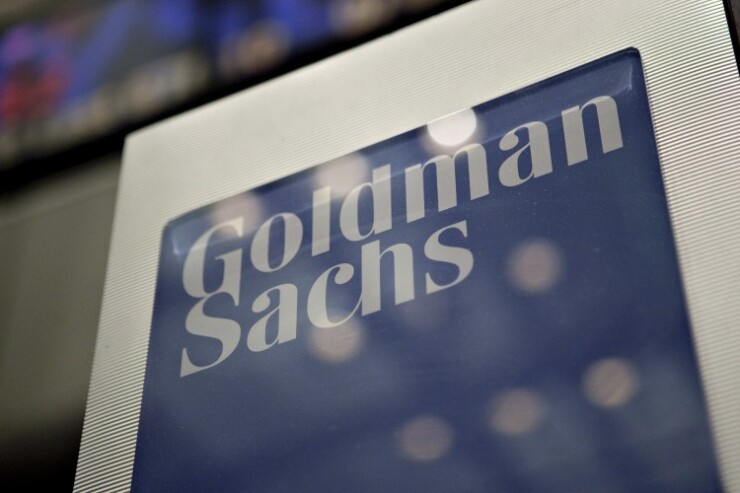Anyone eagerly anticipating Goldman Sachs’ foray into digital advice will have to wait a while longer.
Goldman has decided to delay the launch of its robo advisor until 2021, Chief Operating Officer John Waldron said during a
The postponement comes as
“I think firms are being sensitive around their messaging to the public during these times,” says Aite Group research analyst Eric Sandrib.
Goldman
A spokesman declined to provide specifics or additional detail.
Data shows robo advisors are thriving during the coronavirus pandemic. New account openings at robos — both startups and from discount brokerages — increased between 50% and 300% in the first quarter from the prior period, according to Aite Group.
More broadly, wealth managers have reported upticks in client engagement and new business during the pandemic. For example,
Still, launching and advertising new services may require more finesse during these unprecedented times, Sandrid says.
“Additionally, there may be internal capacity constraints given the upheaval of work conditions, as well as an ‘all hands on deck’ approach to getting through the crisis,” Sandrib says in an email. “Perhaps a new launch was deemed too risky at this time, and better suited once operations return more to normal.”
Goldman’s size and reputation makes it more open to criticism, says Scott Smith, director of advice relationships at Cerulli Associates. While other companies may be willing to launch a product that is mostly complete and fine-tune it over time, Goldman will wait to have a more finished version before unveiling it to the public.
And with digital advice being a new business model and target client demographic for the investment bank, it makes sense Goldman wants to do everything it can to ensure the first impression is a good one, Smith adds.
“With the position they are in, they know they have to be better than anyone else when going to market,” he says. “You don’t get to have a soft launch when you’re Goldman because they are under such scrutiny.”
It’s unclear whether Goldman’s decision is an outlier or a sign of more delays to come. Vanguard made the pilot of its digital-only robo available to the public, and Wells Fargo moved ahead with a






